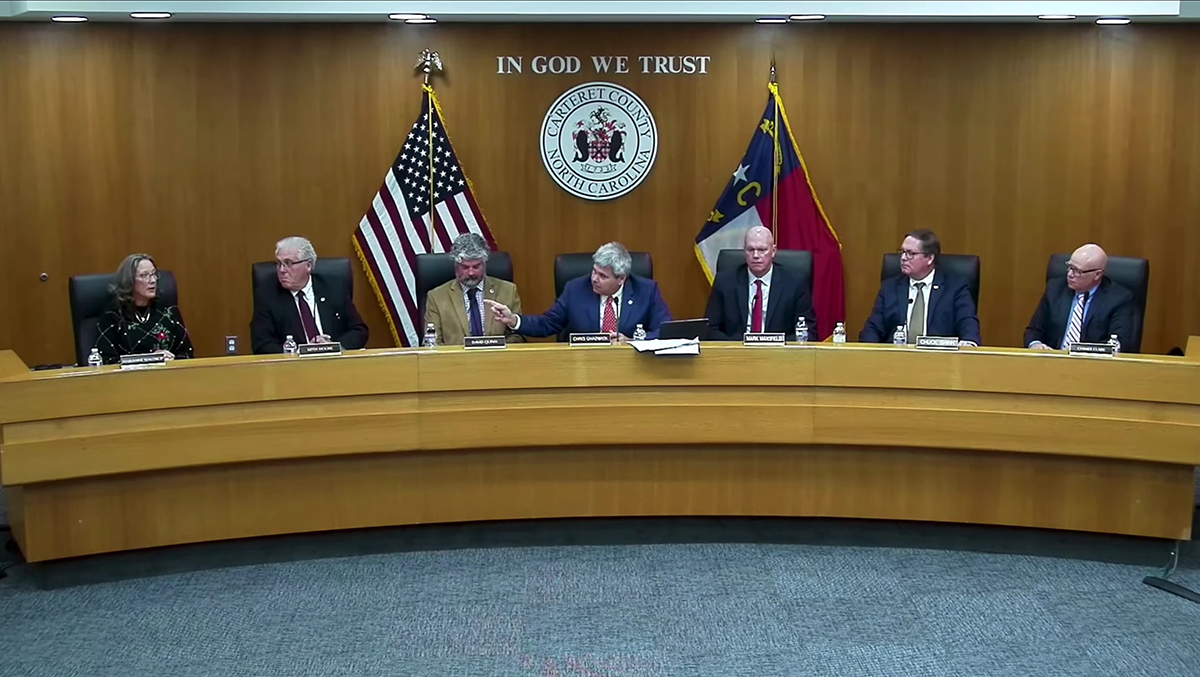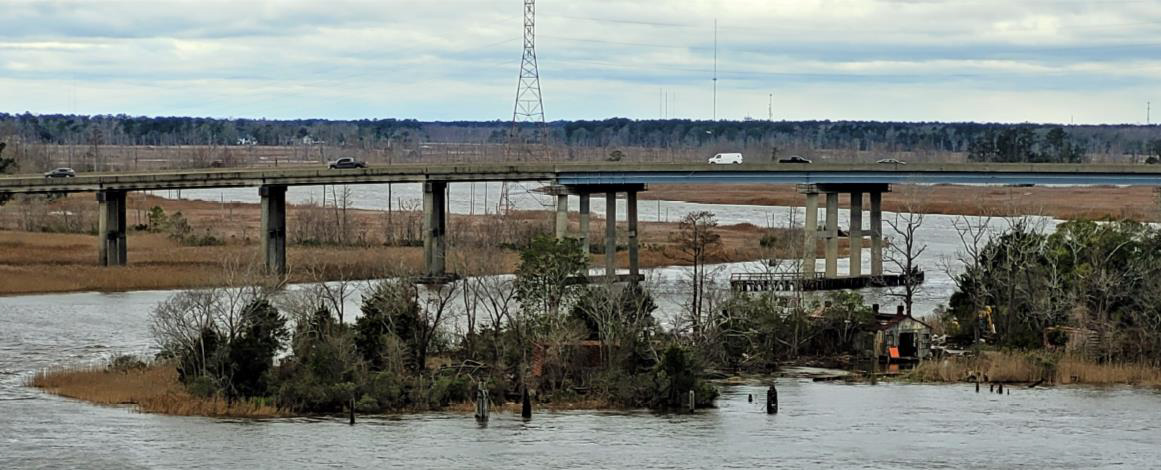NEW BERN — The N.C. Coastal Federation and a panel of experts are set to explore later this month the changes and the risks offshore oil and gas development could bring to North Carolina.
The federation will host a forum, Shaping our Economic Future: Offshore Drilling in N.C., 9 a.m. to 4:30 p.m. on Friday, July 31, at the New Bern Riverfront Convention Center. Planned discussions will delve into the economics, environmental implications and expected effects on coastal communities. Invited speakers include researchers, regulators, elected officials and coastal residents from the Gulf of Mexico to Currituck Sound. Registration, including lunch and break refreshments, is $20.
Supporter Spotlight
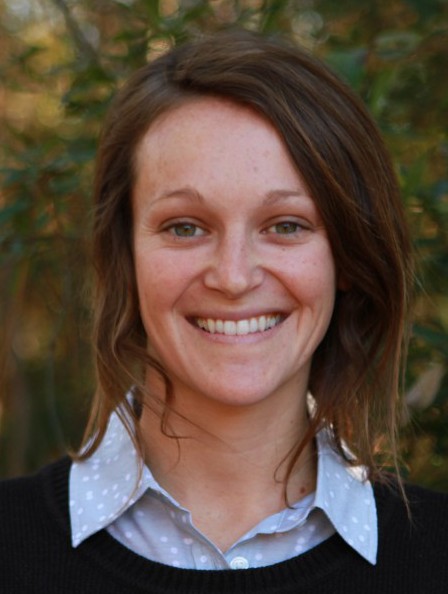
Ladd Bayliss is a coastal advocate with the federation and a forum organizer. She said the idea is to engage the public and provide a connection to those in decision- and policy-making positions.
“What we’re trying to do here is present information that is meaningful to those on the coast who will feel the effects. It’s to link people who live and work on the coast or are curious about the coast with high-caliber people who have experienced the offshore oil industry in their daily lives,” Bayliss said.
In putting together the list of invited speakers, diverse backgrounds and experiences were sought, Bayliss said. Various industries and fields will be represented, including scientists, regulatory officials, elected officials and others who have personal experiences with the oil and gas industries.
“The goal is for this to be a conduit of information to those actively involved in the decisions,” Bayliss said. “We want local decision-makers there and we are structuring it to allow the public adequate time and opportunity for questioning. We’re really trying to ensure that we can educate the public with correct information on the issue.”
The forum isn’t an entirely new approach for the federation, which has used similar public events to focus attention on the pollution problem related to large-scale hog farms in eastern North Carolina and on wind and other forms of alternative energies. Several hundred people attended those events. This time, the goal is to attract as least as many interested people from the region but also those from other parts of the state.
Supporter Spotlight
“We hope the forum bridges the gap between coastal communities and the central and western parts of the state because it (oil and gas development) really is going to affect the entirety of our state. It appears to be a coastal issue but it is something the whole state needs to pay attention to,” Bayliss said.
The forum will use information from scientific research as a starting point for discussion, especially when it comes to the potential risks to the N.C. coast and its existing tourism and commercial seafood industries. Questions to be posed include: If a spill occurs, what happens then?
The answers, Bayliss said, should be based on research that’s already done or provide direction on the type of research that still needs to be done. The forum will include local, state and federal perspectives, she said. Slated for discussion is the example of the 2010 Deepwater Horizon Oil Spill and its effects on communities along the Gulf of Mexico.
“We’re not trying to sugar coat anything, we just want to give an accurate picture of what could happen and how it could affect the economies we already have in place. We’ll have some of the best researchers in the state on those topics,” Bayliss said.
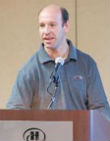
The agenda includes Greg “Rudi” Rudolph, a geologist who heads the Carteret County Shore Protection Office. He will discuss what offshore drilling could mean for the N.C. coast. Rudolph said his presentation will cover the “rules of engagement” involving the outer continental shelf leasing process and the geology of North Carolina’s coast – where to look for oil and why.
“The structure of the continental shelf is very uneven and the oil and gas deposits therefore are also very uneven. The bulk of the oil and gas potential off Manteo is going to be Jurassic material that has decomposed and it’s going to be within the 50-mile buffer. That’s why the governor is talking about reducing that buffer to 30 miles,” Rudolph said.
He added that the ocean depths beyond 50 miles are also at the extreme, as compared to existing Gulf Coast drilling operations. That factor could make North Carolina’s offshore resources less attractive.
“Once you get beyond 50 miles you’re in over 10,000 feet of water. The deepest wells in the Gulf of Mexico are about 10,000 feet and they (the oil companies) don’t like to start deep and creep inward,” Rudolph said.
Rudolph said he will also discuss the state revenue-sharing component, “which obviously for me, wearing my local-government hat, is real important.”
Rudolph’s office monitors beach re-nourishment issues and is funded with revenue from the county’s five percent occupancy tax on hotel and motel rooms, inns and condominium rentals – money paid by visitors. Carteret County’s tourism generates more than $300 million in annual revenues and supports more than 3,000 jobs. The value of the tourism industry is one of the economic considerations to be explored during the forum, along with the promise of a state share of oil revenues.
Absence of revenue sharing could be a deal-breaker, Rudolph said, because the state would need the money to pay for infrastructure demands of the new industry here, and currently there is no revenue-sharing agreement in place.
“The Obama administration has signaled they don’t want one in place. That means Congress is going to have to put something in. From the local perspective, no revenue sharing means no drilling. It’s important not only for the economy but also to accommodate the infrastructure demands that might be coming our way,” Rudolph said.
Rudolph said many of the topics he plans to cover could serve as a launching point for discussion during the remainder of the forum.

Doug Wakeman, a Meredith College economics professor, will moderate a discussion of the economic implications of oil and gas exploration and development. Two reports produced in 2013 are the basis for much of the discussion of benefits to the economy from Atlantic offshore drilling.
One of those reports, commissioned by the American Petroleum Institute and the National Ocean Industries Association, estimates a $4 billion addition to the state’s economy and 55,000 new jobs by 2035, but those estimates are based on assumptions regarding revenue sharing and future oil prices, which are uncertain.
The other report by Michael Walden of N.C. State University predicts similar outcomes but also notes the potential costs to North Carolina from development of energy resources, including the greatest potential cost: coastal damage from a spill. The potential annual average on-shore costs from possible environmental damage could reduce property values in the affected counties by between $636 million and $4.7 billion, according to the Walden report.

Wakeman is expected to discuss the contrast between the uncertainties of drilling and the known values of tourism and fisheries in the coastal counties likely to be most affected.
Lee Nettles, executive director of the Outer Banks Visitor’s Bureau, is to discuss the implications for small coastal communities with tourism economies.
Mike Giles, coastal advocate with the N.C. Coastal Federation, is to moderate a discussion of the environmental implications of oil and gas exploration and development with Len Pietrafesa, professor emeritus, Department of Marine Earth and Atmospheric Sciences at N.C. State University; Steve Ross, research professor, UNC-Wilmington Center for Marine Science; Lawrence B. Cahoon, professor, UNC-Wilmington Department of Biology and Marine Biology; Charles “Pete” H. Peterson, joint distinguished professor, UNC Institute of Marine Sciences; Doug Nowacek, an associate professor of conservation technology in the Nicholas School of the Environment and the Edmund T. Pratt Jr. School of Engineering at Duke University; and Andy Read, a professor of marine biology at Duke University.

Coastal Review Online Editor Frank Tursi will moderate a discussion, Pulse of the N.C. Coast, which Bayliss said will include input from six people who live and work at various locations along the N.C. coast on how it relates to what they do.
Slated to participate in the discussion are Willo Kelly, head of legislative affairs with the Outer Banks Association of Realtors in Nags Head; Mac Gibbs, a retired Hyde County N.C. Cooperative Extension agent; Carolina Beach Mayor Dan Wilcox; commercial fisherman Morty Gaskill of Ocracoke Island; Deborah Maxwell, New Hanover County NAACP president; and April Clark, operator of Second Wind Eco Tours and Yoga of Swansboro.

Renee Orr, chief of the Office of Strategic Resources with the Bureau of Ocean Energy Management – the federal regulatory body overseeing the Outer Continental Shelf leasing, exploration and development plans – is to discuss the federal review of potential for exploration in the Southeast Atlantic.
Donald van der Vaart, secretary of the N.C. Department of Environment and Natural Resources, will discuss the state of North Carolina’s assessment of offshore drilling. DENR is the state agency responsible for ensuring safe and responsible development of potential resources. The state has more than 64 million acres of outer continental shelf acreage – the most on the East Coast.
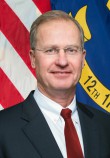
Also on the agenda are what Bayliss calls “boots-on-the-ground” participants who have experienced the changes the oil industry can bring to an area. One is Robert Fritchey, a commercial fisherman from south Louisiana and author of Wetland Riders, a book that publisher New Moon Press says explores the culture, environment and economy of the coasts, the seafood industry, consumer advocacy, political and environmental journalism and rural conservation.
Another is Peg Howell, a former Chevron employee, who is slated to discuss infrastructure implications of oil and gas industries.
For more see our special reporting series: Offshore Drilling and the N.C. Coast.





